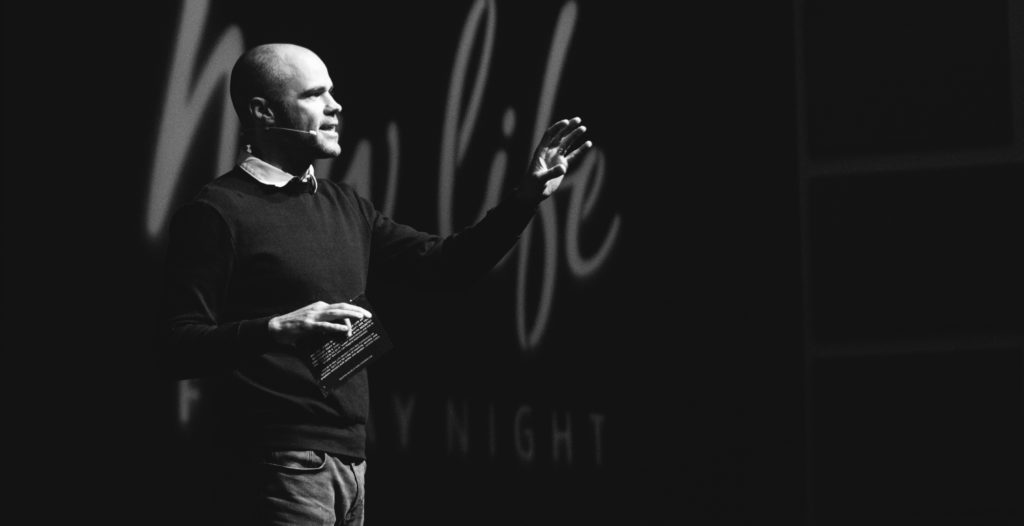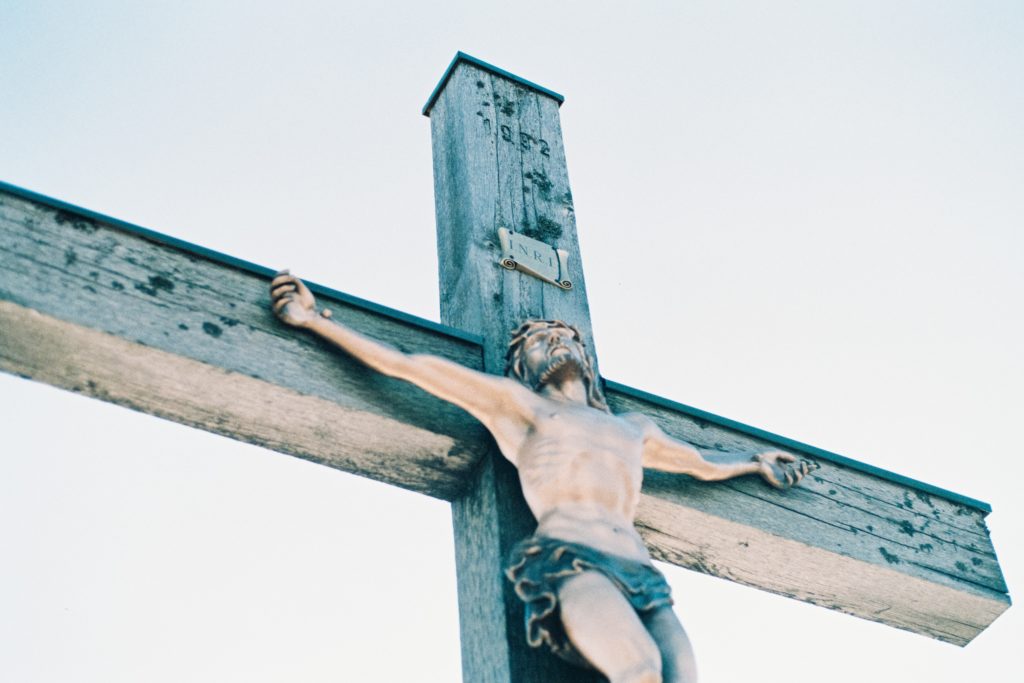Episode 032: Prayer, Unity, and the Kingdom. A Conversation with Pete Greig
In this conversation, we were joined by Pete Greig to talk about the role and purpose of prayer in the local church and how we can contend for unity and revival within the Church. We were so encouraged by the stories of bridge-building that are unfolding through the 24-7 prayer movement and we hope that it blesses you.
Every transformational movement of the church through history has begun with a movement of prayer…
We’re experiencing around the world an unprecedented coming together of the Body of Christ in our lifetimes… we’re facing profound challenges and we need each other and we’re long past thinking that one tradition, approach, or celebrity Christian leader is going to have all the answers…
It is in the present that Christians are worst at finding God… if prayer means anything at all, it means that we learn to encounter God in our present circumstance… and until we can find God in the present, we will never find him anywhere else…
I am praying for revival more than ever, but I am wary of revivalism… not only does revivalism keep Christians immature, but it is blasphemous insofar as it refuses to worship Jesus Christ as he is manifest in our present reality…
Prayer is not so much an activity of the church as it is the very heartbeat of the church… we don’t pray to get people saved, we get people saved so that they can pray…
I pray for the church in America with a great deal of gratitude but also pain… the blessing of America to the nations is beyond calculation… but the pain is that I see such division and I am deeply concerned…
The church’s prophetic voice must be based in the revelation that God is a reconciling God… and so when I see profound divisions around race and class and wealth and politics, it breaks my heart… my prayer for the church in America is for reconciliation…
QUESTIONS FOR YOU AND YOUR TEAM
- What most stood out to you about Pete’s comments and why?
- Is prayer the “heartbeat” of your church, or just one of the things that happens? How can you begin to change this?
- What would it look like for you and your ministry to move towards greater reconciliation and unity within the Body of Christ in your area? How can prayer be a stimulus to that end?
RESOURCES
Pete’s books, including Red Moon Rising, God on Mute, and his most recent, Dirty Glory, are all available on Amazon.
Watch a short film about Pete’s Vision








